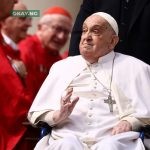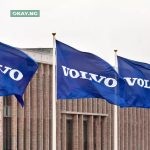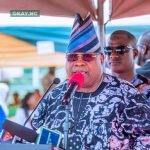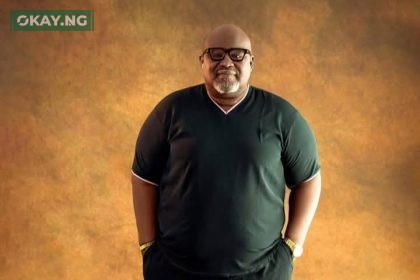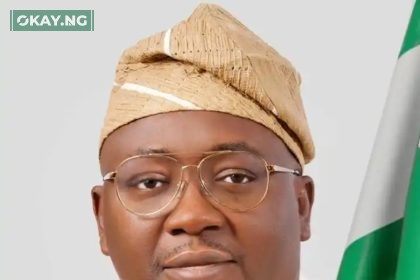Buhari – Nigeria’s President yesterday asked ambassadors-designate who were recently cleared by the Senate to protect the image of the country overseas.
The president gave the charge while opening an induction course organised by the Ministry of Foreign Affairs in Abuja for the ambassadors-designate.
Buhari who assured that the external factors that pushed the country’s economy into recession would end in 2017, however, did not give details to back his optimism.
He expressed regrets that the country has limited resources to fund foreign missions, explaining that Nigeria’s engagement would not be “as robust as we would like.” “We are working hard to turn around our national economy by effectively reforming our macroeconomic environment through various measures, some of which were outlined in my budget speech to the National Assembly last week.”
By making a clear reference to external factors, Buhari absolved his administration of complicity in the circumstances that saw economic growth recording negative numbers for at least three consecutive quarters.
Buhari, who said the prevailing economic circumstances had led to a restructuring of Nigerian missions abroad, reminded the ambassadors-designate that “as we are all making great sacrifices at home, we also expect you to make judicious use of the resources put at the disposal of your missions. As heads of missions, you will be held accountable for the utilisation of all resources under your control. These are lean times, and all of us are expected to do more with less.”
The president specifically charged the ambassadors-designate to change the narrative of Nigeria outside the country by playing up the positive values and outstanding contributions of Nigerians in the global arena.
“For far too long, we have allowed Nigeria to be defined by others, always emphasising our negatives. To the average foreigner, Nigeria evokes 419, terrorism, militancy, communal and religious clashes, insecurity, corruption and all our other faults.
“You have the duty to correct this narrative by taking the initiative to define and portray our country for what it truly is. We are a nation of 180 million vibrant, enterprising, hardworking, hospitable and peaceful people. We are a remarkable nation that has succeeded in harnessing our multiple diversities as strengths such that we are the leading country on the continent.
Therefore, you will need to mobilise, sensitise and motivate all your staff so that together you engage with your host governments, the private sector and other segments of the society to explain that Nigeria is much more than the negative image portrayed to them,” he said.
Buhari also enjoined the diplomats to leverage on the achievements of Nigerians within the country and in the diaspora. “Think of people like Nobel Laureate Wole Soyinka, Chinedu Echeruo who founded Hotspot application which he sold to Apple for over a billion dollars; think of Bayo Ogunlesi, who runs over a billion dollar infrastructure fund and is now Adviser to U.S. President-elect; and Jelani Aliyu, an accomplished car designer at General Motors.
“Indeed, these and other hardworking Nigerian professionals in the diaspora have never forgotten their roots and have been making significant contributions to their communities back home, and even to our economy through their huge remittances.”
He urged them to sustain the work ethic characterised by the love of country, professionalism, excellence, integrity and honour associated with the “Nigerian diplomatic tradition established in 1957 by the pioneers of the Nigerian Foreign Service, sometimes referred to as the ‘Twelve Apostles’ and also “bequeath same to succeeding generations.”
According to Buhari, the ambassadors-designate must stress Nigeria’s commitment to international peace and security through contributions “to nearly every UN peacekeeping initiative since 1960 when we achieved our independence.” “In addition, we are the stabilisers and shock absorbers of West Africa having helped to contain potentially de-stabilising developments in the sub-region.”
He urged the envoys always to be mindful of the national priorities that “revolve around the economy, security, anti-corruption, good governance, agricultural transformation and infrastructural development, including rail, roads and power” and use their roles “as principal representatives to build meaningful partnerships to attract foreign investments, new skills and technologies.”




